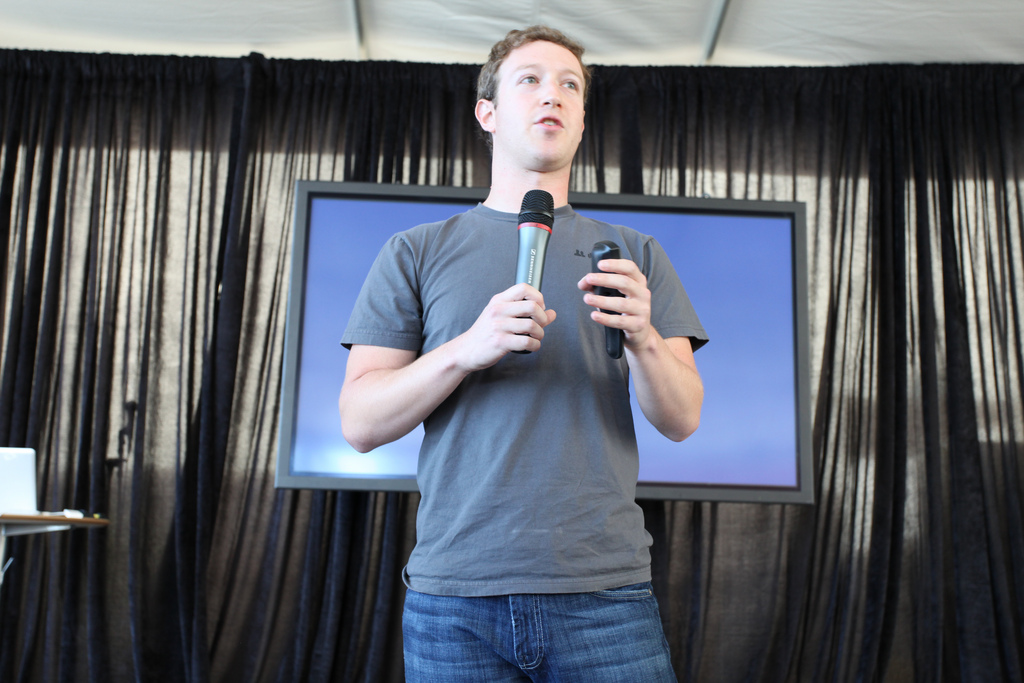 NEWS
NEWS
 NEWS
NEWS
 NEWS
NEWS
Facebook has announced the official launch of its Internet.org app platform, which it is now calling “Free Basics by Facebook.”
“Over the past few months, developers have adapted their services specifically for the Internet.org Platform requirements, and today, more than 60 new services are available across the 19 countries where free basic services are available,” Facebook said in an official announcement. “Not only does this expand the range of resources available to people, it gives them more choice and control over the services they can use in the app and website.”
The Free Basics platform offers low bandwidth mobile apps and websites aimed at providing internet access to developing countries like Colombia, Nigeria, and others. Facebook’s Mark Zuckerberg has previously stated that he believes internet access should by available to everyone, and has even compared basic internet access to essential services like 911.
“Even if you haven’t paid for a phone plan, you can always dial 911, and if there is a crime or a health emergency or a fire, you get basic help,” Zuckerberg said in an interview with Bloomberg earlier this year. “We think there should be an equivalent of this for the internet as well — where even if you haven’t paid for a data plan, you can get access to basic health information or education or job tools or basic communication tools, and it will vary, country by country.”
The social media giant has several programs working to make Zuckerberg’s dream a reality by researching technologies that can provide connectivity to remote locations, including long-endurance drones and laser communications.
In addition to the official launch of Free Basics, Facebook has also updated the Internet.org developer guidelines to make it easier for programmers to create apps for the platform.
Due to the slow data connections in emerging economies and the generally low power of the mobile devices used in those countries, new apps or websites on the platform must be incredibly efficient and lightweight. Facebook’s guidelines state that apps should “not use VoIP, video, file transfer, or photos larger than 200 KB.”
One of the more controversial requirements for the platform is that the apps must support zero-rating, which has drawn criticisms from net neutrality advocates who have argued that zero-rating effectively prioritizes certain types of web traffic over others.
Support our mission to keep content open and free by engaging with theCUBE community. Join theCUBE’s Alumni Trust Network, where technology leaders connect, share intelligence and create opportunities.
Founded by tech visionaries John Furrier and Dave Vellante, SiliconANGLE Media has built a dynamic ecosystem of industry-leading digital media brands that reach 15+ million elite tech professionals. Our new proprietary theCUBE AI Video Cloud is breaking ground in audience interaction, leveraging theCUBEai.com neural network to help technology companies make data-driven decisions and stay at the forefront of industry conversations.